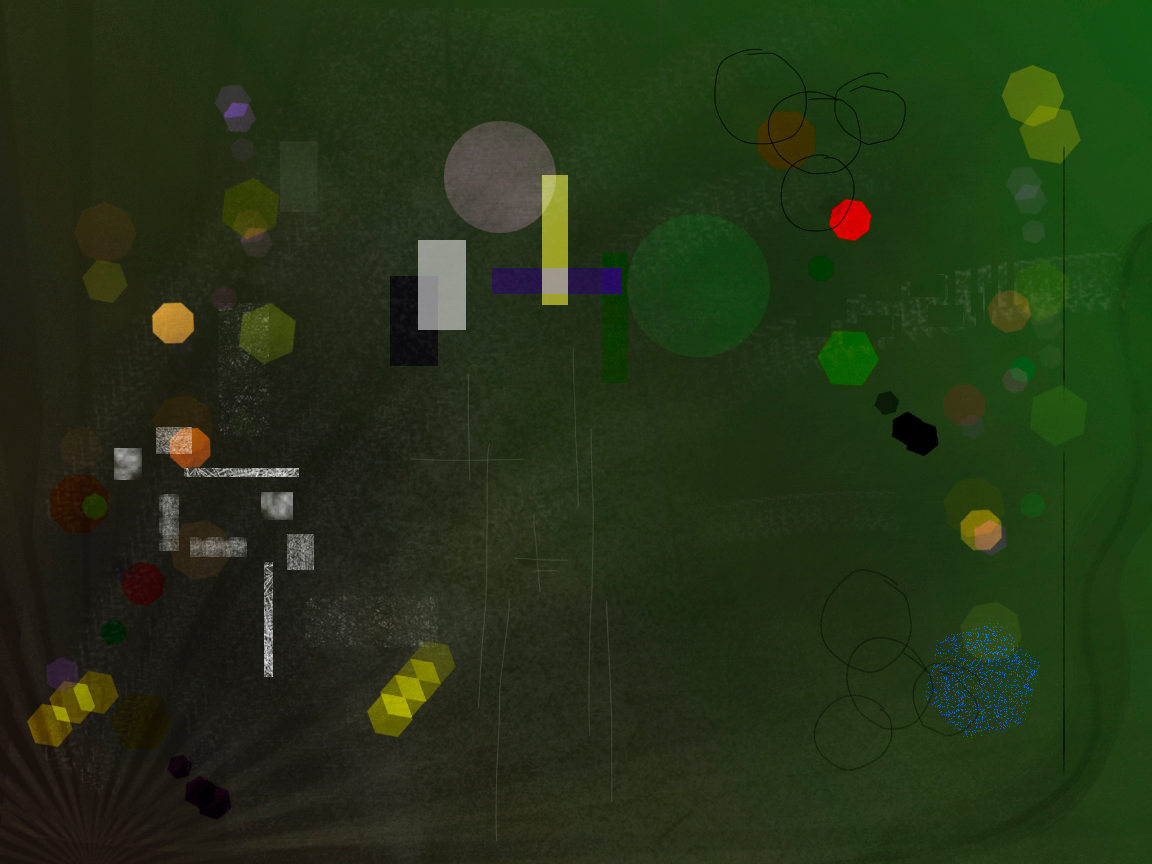“The human being needs to pay for his own existence, it is an indeterminate and contracted debt before birth, a religious debt that the liberals rationalized and generalized to the entire face of the Earth.”
Consumption structures a “geography”, and defines the mode of use of each space and place. It generates hierarchies of use and strives for the constant construction of managed spheres, necessary for the functioning of work and of itself.
Work needs a disciplinary space, but one would almost say that consumption requires it even more, the modern consumer is meek enough not to “take” what he cannot afford, but willing enough not to stop consuming. Between “meekness” and “incitement to desire” moves our “managed” society.
There are many other geographies inherited from other times. Humanity vehemently drags its past that is installed in the present in molded and conflicting strata. The new historical forces shape the previous ones without being able, many times, to extinguish them. Capitalism has needed the invaluable inheritance of previous phases: property, although transformed, the primacy of man, are elements on which our current reality rises and without which it would be inconceivable.
Marxism in the background what promises is that this logic will end up crushing and flattening the rest of the forces that humanity has managed so far, hierarchies, etc. But is this true? Is the logic of the market equating all the vital human spheres?
The logic of consumption surrounds us, she directs the vital movements in the public space. Freedom is equivalent to the purchasing capacity with which it is matched. Freedom in its simplest sense: of possibility. The very possibility of our acts must agree with it. The advertising metaphor of a world in continuous movement is the ironic staging of the constant exchange of capital. Mediator of every vital act and of every possibility of action.
It seems that an old debt contracted by humanity with the divinity that gave it shelter arises here. The human being needs to “pay” for his own existence, it is an indeterminate debt and contracted before birth, a religious debt that the liberals rationalize and generalize to the entire face of the Earth.
Our walk dirties the earthly paradise and more if our feet are those of poverty. We have to pay for our dishonorable presence in this world that only belongs to God. In this way the oldest idea finds its update in contemporary neoliberalism: it is not efficiency, nor private interest, it is the “religious” belief by which humanity, the poor, must pay to possess of a world they get dirty. And it doesn’t belong to them.
In this strict environment, with such a totalizing logic, sitting on a street with a banner is already a revolutionary act, it is the positive part of a “so” dominant logic: anything outside of it is intolerable and therefore harmful.
But consumption is desire, these packaged desires must have a history and training parallel to capitalism itself. We are Taught to desire?
This desire has an uncomfortable relative: deprivation. The inaugural deprivation of capitalism, works in constant signs through the system of continuous protection of property and merchandise. As a vivid warning that threatens every corner. The memory of deprivation (the privatization and alienation of all reality and its objects carried out by modernity) may be the trigger for the excitement of the act of consumption and not so much the desire for possession. There is nothing as desirable as what we are denied by system. In short, the sublimation of the fear of being punished. Release of a atavistic debt and punishment, a relief in the form of industrial commodity.
If this were so, the desire to consume would be both a reactive and affirmative impulse. It would affirm the state of things and deny it, by wanting to end the initial deprivation and confirm its validity in the act of consuming.
